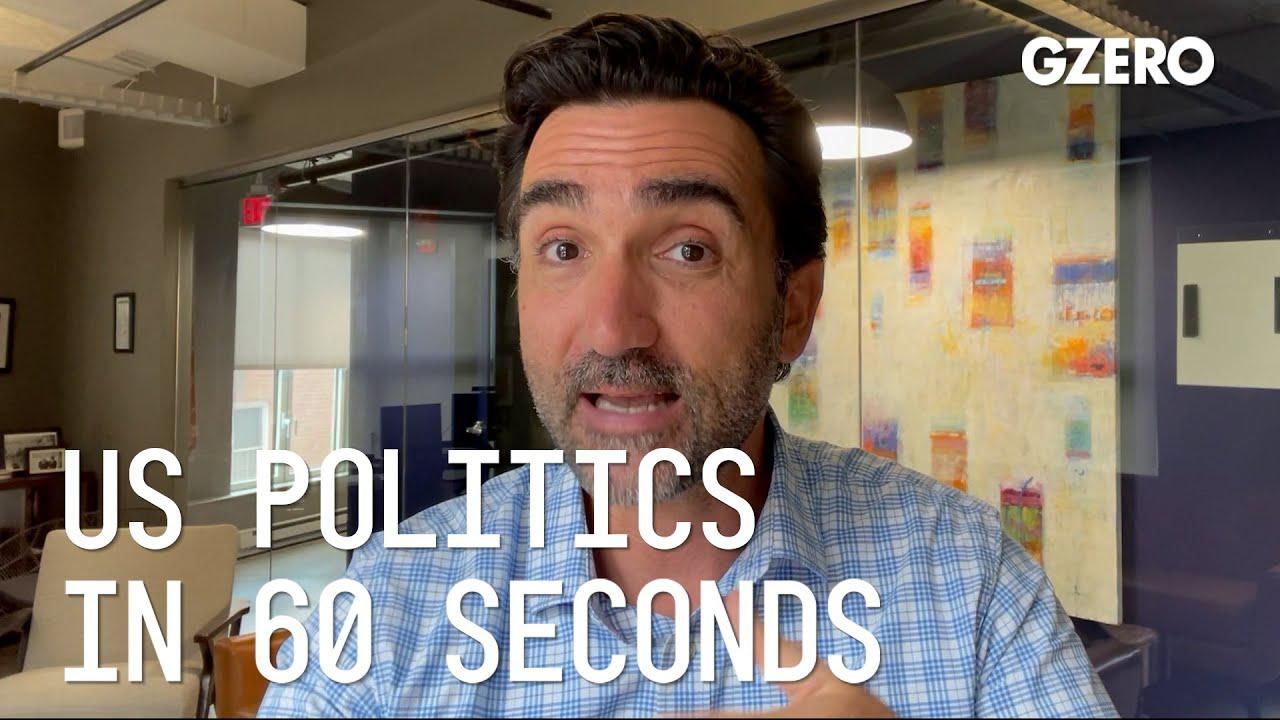US Politics In 60 Seconds
Elon Musk to buy Twitter: will misinformation thrive?

Elon Musk to Buy Twitter: Massive Regulatory Challenges Ahead | US Politics In :60 | GZERO Media

Jon Lieber, head of Eurasia Group's coverage of political and policy developments in Washington, discusses the political impact of Elon Musk's plan to buyTwitter.
Why will Elon Musk be in a political hotspot if he buys Twitter?
The announcement that Twitter has agreed to be acquired by billionaire Elon Musk has set both the social media site and Washington political analysis ablaze. Liberals and conservatives both agree that Twitter is an essential town square, an important tool for political communication and outreach.
But liberals are concerned about policing hate speech and abuse, as well as misinformation on the platform, things they have criticized Twitter for in the past, while conservatives have criticized what they see as Twitter's overly aggressive content moderation policies that's resulted in the removal of several prominent conservative figures, including former President Trump from the platform, but has also resulted in the censorship of discussion around issues like the efficacy of mask mandates and stopping the spread of coronavirus, the potential origins of the pandemic in a Wuhan laboratory, and discussion about the contents of the laptop stolen from current President Biden's son. Musk has promised to be a free speech absolutist suggesting he will reinstate many of the banned accounts and not censor freewheeling speech about controversial topics online.
But one thing to watch is that Musk's approach is likely to create massive regulatory challenges for both Musk and the website, particularly in Europe, which has much stricter speech codes than the United States, requiring content moderation and banning things like hate speech. The EU just recently passed a law that would censor and fine companies that do not comply, and several high-ranking EU officials have already sent warnings to Musk that he must moderate illegal and harmful content online. Musk has developed a reputation as being an aggressive disruptor of the status quo in Washington, breaking into industries, such as space launch and broadband deployment, and he has also a long history of flouting US regulators, leading to sanctions from securities regulators, as well as admonishment from transportation safety and labor regulators in Washington, and this is unlikely to stop.
For his part, President Trump has said he doesn't want to get back on Twitter, but it seems likely that if Twitter lifts its ban on his account, the platform and the fundraising opportunities will be too great for him to ignore. Much like how Trump's tweets are too difficult for political journalists to ignore, setting up a stage for a return to the Trump-dominated political discourse that existed in the United States from 2015 until he was banned from Twitter in early 2021.
Think you know what's going on around the world? Here's your chance to prove it.
At the 62nd Munich Security Conference, GZERO’s Tony Maciulis spoke with Benedikt Franke, Vice Chairman and CEO of the Munich Security Conference, to discuss whether the post-1945 global order is under strain or already unraveling.
At the Munich Security Conference, the mood is clear: Europe no longer assumes the United States will lead. In this Quick Take, Ian Bremmer reports from Munich, where this year’s theme, “Under Destruction,” reflects growing anxiety that the US itself is destabilizing the transatlantic alliance it once anchored.